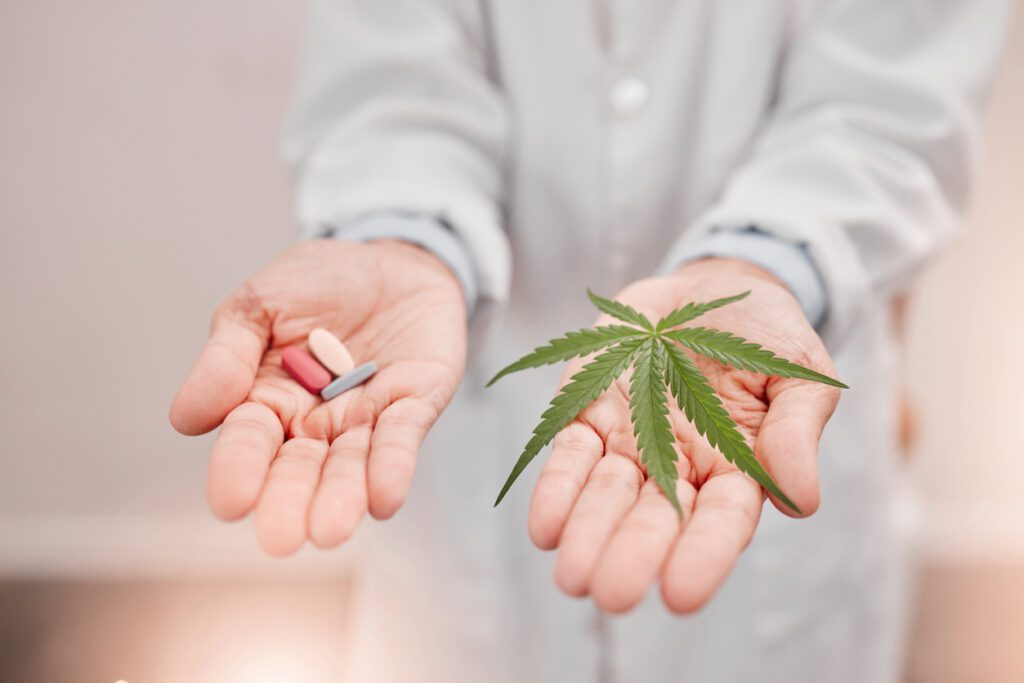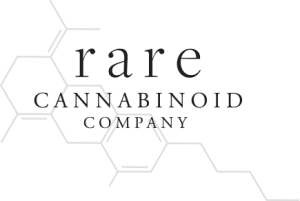
CBD and Opioids: Can CBD Reduce Opioid Use?
Study Shows Access To CBD Leads To Decrease In Opioid Prescriptions
A recent report, published in the Southern Economic Journal, has unveiled compelling evidence indicating that legal access to CBD has contributed to a noteworthy decline in opioid prescriptions.
This study was authored by economists affiliated with Wofford College in South Carolina and California State University Bakersfield. According to the authors, “We find that the ability to purchase CBD legally leads to 6.6% to 8.1% fewer opioid prescriptions.”
CBD accessibility key to opioid reduction
The researchers emphasize that it’s not solely the legalization of CBD itself that has driven the reduction in opioid prescriptions, but rather the legal accessibility of CBD products. They state, “In general, we find that state level legalization of CBD products only leads to a statistically significant reduction in opioid prescriptions when states also allow for open and legal dispensaries, suggesting that adequate supply-side access is necessary to realize the potential benefits of legalization.”
The report indicates that stores selling CBD products have contributed to a 3.5% reduction in opioid prescriptions just two years after the legalization of CBD comes into effect. However, this effect varies among states, especially in those with stricter regulations governing CBD sales, including requirements for identification or the submission of personal information. The report underscores, “…(i) state legalization of prescription CBD alone does not reduce opioid usage; (ii) regulations limited purchasing, such as ID laws, negate nearly all of the benefits of demand-side legalization; and (iii) supply-side access, either via interstate purchasing or legal and open dispensaries, are vital in using pain-management substances to fully combat the opioid epidemic.”
CBD products “net substitutes for opioids”
The authors of the paper state “Our paper provides important preliminary evidence that CBD may in fact reduce opioid prescription rates” and they go on to say CBD products “do appear to be net substitutes for opioids.”
The authors conducted a comprehensive examination of individual state laws and regulations specifically pertaining to CBD, focusing on states such as Iowa, Tennessee, and Texas, from 2010 to 2019. During this timeframe, there was a significant shift in the acceptance and mainstream adoption of CBD. The report highlights, “Although the fastest growing segment of the CBD market is over-the-counter [OTC] usage, the vast majority of states that have established industrial hemp programs did not do so until 2016, meaning that OTC CBD products were largely unavailable until later in our study period.”
Additionally, the researchers examined county-level data from the Centers for Disease Control and Prevention (CDC) regarding opioid prescriptions. However, they noted that this data suggests the need for further research into the impacts of CBD.
The passage of the 2018 Farm Bill marked a pivotal moment for the hemp industry in the United States, significantly expanding access. Before the bill’s enactment, access to CBD was more restricted. Over time, states like Tennessee decided to allow the legal importation of CBD products from outside their borders, a move made in 2016.
CBD vs. Medical Cannabis and Opioids
The authors explained that while opioid prescriptions decreased in states with CBD-only regulations, states that also embraced medical marijuana laws (MMLs) and/or recreational marijuana laws (RMLs) had a more pronounced impact on reducing opioid prescriptions. They noted, “Compared to states with no legal usage of marijuana, those who have adopted MMLs or RMLs prescribe fewer opioids per 100 population. However, these areas tend to be healthier and have more doctors, suggesting it is possible difference in opioid usage rates are not due to the presence of legal marijuana.”
Interestingly, states with a variety of CBD-only dispensaries appeared to experience the most substantial reductions in opioid prescriptions. The authors observed, “Importantly, we see that [states with] CBD laws have lower opioid prescribing rates than states with no laws, though still higher than in states with MMLs or RMLs,” However, when we look at states that have allowed CBD dispensaries, we see that opioid prescribing rates are lower than those found in states with MMLs or RMLs, even with similar objective health measures (obesity and diabetes) to states with CBD laws.”
Prescriptions down 35%
States with medical cannabis programs saw a remarkable 35% decrease in opioid prescriptions, while states that had not yet legalized medical cannabis still witnessed a significant decrease of 33%.
In conclusion, the researchers emphasized that their study provides only a glimpse into the potential benefits of CBD and its impact on opioid prescriptions. They stressed the need for further research, stating, “While further work is needed to understand the degree to which our results are generalizable to the over-the-counter market for CBD, our results suggest policy makers should consider the costs of regulation and carefully balance the tradeoffs between ensuring the quality of and restricting access to CBD.”
Will cannabis be rescheduled?
In 2020, a former Drug Enforcement Administration (DEA) agent named Anthony Armour, who attempted to replace opioids with CBD, was dismissed from his position. In September 2023, the DEA defended its decision to terminate Mr. Armour. “Mr. Armour argues that he ‘displayed negligence or poor decision-making,’ and DEA properly held him accountable for his poor decisions when they resulted in a verified positive drug test. DEA lost trust in Mr. Armour and properly removed him.”
Furthermore, the DEA is currently reviewing recommendations from the Department of Health and Human Services. It remains uncertain whether the agency will proceed with rescheduling cannabis into a less restrictive category that recognizes the medical value of the plant.
More blogs that may be of interest:
- Dangers of Synthetic Delta-8-THC
- Marijuana Laws: U.S. Health Officials Call For Easing Restrictions
- Quitting Smoking? THCV may be able to help

